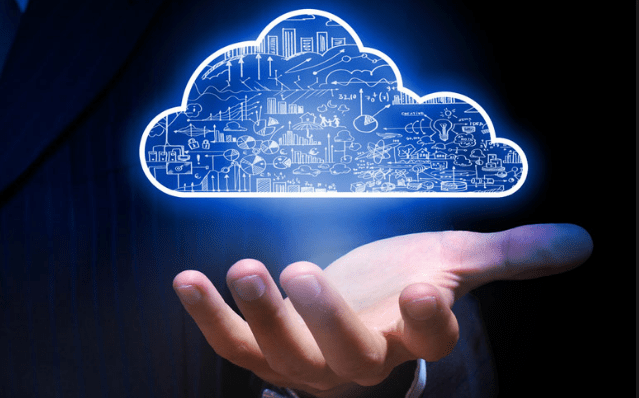Cloud computing would be an intelligent and effective way to share software systems with cloud technology rather than having individual copies of everything. In short, we have the Facebook application, but we simply access it online.
It is certain that computer networks and the wonders of the Internet have entered our bones when most of us live, eat, study and work on computers. Every day seems to bring something surprisingly new to the fabulous world of technology, whether it’s education, smartphones, cameras or cars. Space technology, medicine and weapons are all in the race to upgrade their systems with superior technology.
Using cloud computing
Can you feel the enormous weight of all this Aadhaar or census data that concerns more than a billion people? Can hundreds, thousands of computers handle all this information? If it’s true that hard drives can hold thousands of books, where will all this end?
It is a serious mistake to think that Earth’s resources will never end. Maybe our ancestors thought that way or could not imagine how much we would use all the resources. The time will come when we have exhausted all the natural resources that now exist and seem endless like the sun. The sun itself would be exhausted and life on earth would cease! Still, this day is too far to start worrying now!
Like our way of using the power grid, paying for what we consume, the cloud contains all the measured items and payment is made based on the extent of usage. There is no need to replicate software and extended hardware devices with each user. The costs are therefore shared, like using pool vehicles instead of five driving to work in separate vehicles!
Cloud installations can be a private cloud owned entirely by an organization for its own use, a public service providing facilities over a network or a hybrid cloud containing multiple types of services.
Have you heard of IaaS, SaaS, PaaS and UCaaS? The “S” at the end of services, and the initial letters of information, software, platforms and unified communications. A range of services is delivered from the cloud, with organization and management left in the hands of the cloud, which simply dispenses them. Users access services via smartphones or laptops, just like the present, and subscribe to the services they want to use, just as we opt for the channels we want with the cable operator.
Benefits of cloud computing
Experts believe that such an arrangement would bring considerable advantages over the present. The main benefit may be security, even if we worry about sensitive data. The benefits of a large organization are many in terms of shared strength, such as an army of people and systems.
The freedom to access the cloud from anywhere on the planet via the browser is a huge advantage, no matter which device you are working from. Costs and maintenance become simpler because you have centralized systems and software that avoid unnecessary duplication with each user.
Performance, productivity and reliability are getting better under a wide range of experts, and the user has more to worry about than connecting and working or playing. Three cheers for the cloud computing of the future!
